Technology, including artificial intelligence (AI) and the metaverse, is the ultimate tool for transforming our world for the better. Never have we been so privileged as we are now – to have software so sophisticated that we can bring ideas to life at speed on an international scale.
Digitalisation has elevated the manual processes of yesterday, accelerating how data is shared and applied, how we can better serve communities, and how we revolutionise the ways trade flows across the world.

These technological feats wouldn’t be a reality without adopting a level of bravery to push the boundaries and transform what is possible. The courage to imagine a new, creative solution to a problem is what triggered the transition from paperwork to the digital era in the first place.
Yet technology is also the enabler that will keep innovation alive for many years to come.
In the logistics industry, technology is our innovation. It is opening up a whole new world of possibilities. As a combined force, these will help us realise a smarter, more synchronised planet that empowers industry, frees communities, and protects our natural world.
See Also:
Artificial intelligence: unlocking possibilities
Much of my role at DP World is about exploring new ways of moving cargo from A to B through innovatively harnessing the power of technology. When done well, this role can have more benefits than simply keeping cargo owners and their customers happy.
How well do you really know your competitors?
Access the most comprehensive Company Profiles on the market, powered by GlobalData. Save hours of research. Gain competitive edge.

Thank you!
Your download email will arrive shortly
Not ready to buy yet? Download a free sample
We are confident about the unique quality of our Company Profiles. However, we want you to make the most beneficial decision for your business, so we offer a free sample that you can download by submitting the below form
By GlobalDataLet’s put this in the context of the Metaverse: perhaps the most innovative technological product of our age. On paper, the Metaverse is a shared virtual space where people can experience things that aren’t possible in the real world.
From the perspective of gaming, its possibilities are endless. But when applied to an industry such as logistics, the advantages could be life-changing on a societal, economic, and even environmental level.
For everyday logistics necessities, such as training staff to use a gantry crane, the Metaverse could provide us with a virtual safe space to train our people.
Taking trainees out of our real-world work environments means freeing experienced staff to continue working without causing delays, as there won’t be trainees using key equipment. Further, we eliminate the risk of equipment or human-based training incidents, ensuring workflows aren’t disrupted and keeping employees safe.
If we can mimic reality in a consequence-free space, we can boost trust, accelerate the innovation process, and implement change faster.
On a far bigger scale, putting DP World’s global network, an interconnected web of 295 business units spread across 78 countries, in the Metaverse could have two significant benefits.
Firstly, We can see at a glance how and where cargo is flowing throughout the world, so we can better manage customer expectations and create timely solutions to disruptions.
Secondly, we can imagine and virtually test new routes, solutions and scenario responses without disrupting real-world operations – or impacting those whose lives depend on them.
This second point is the real game-changer for my remit. Until now, testing new technologies has been a time-consuming and costly process. Usually, we rely on investor buy-in to try out products in test environments before seeing how they work in real-world conditions.
That, or we play the risky game of testing new solutions in live operations, which could have a knock-on effect throughout the supply chain. However, if we can mimic reality in a consequence-free space like the Metaverse – testing what’s possible in a medium we can share with partners and investors – we can boost trust, accelerate the innovation process, and implement change faster.
The power of AI for agile innovation
I mentioned the possibilities of Metaverse-style training not just because I knew it was a good example – but because we’re already doing it. Or, at least, something similar.
Our multipurpose terminal in Jebel Ali Free Zone (Jafza) in Dubai, UAE, is a hotbed for my team’s technological and innovative experiments, one of which is the successful virtual crane operator training we offer new recruits. Yet our technology-influenced innovations don’t stop there.
In Dubai, a city built on innovation, it seems fitting to take its world-leading port and push the boundaries of logistics using next-generation thinking. Jafza handles over 14 million containers a year – an amount that is rapidly growing in line with consumer demand.
Yet physical infrastructure and manpower, while phenomenal, have their limitations, particularly when dealing with numbers of this scale. To protect our customers’ needs, we need agile innovations – and to be truly agile, we need AI.
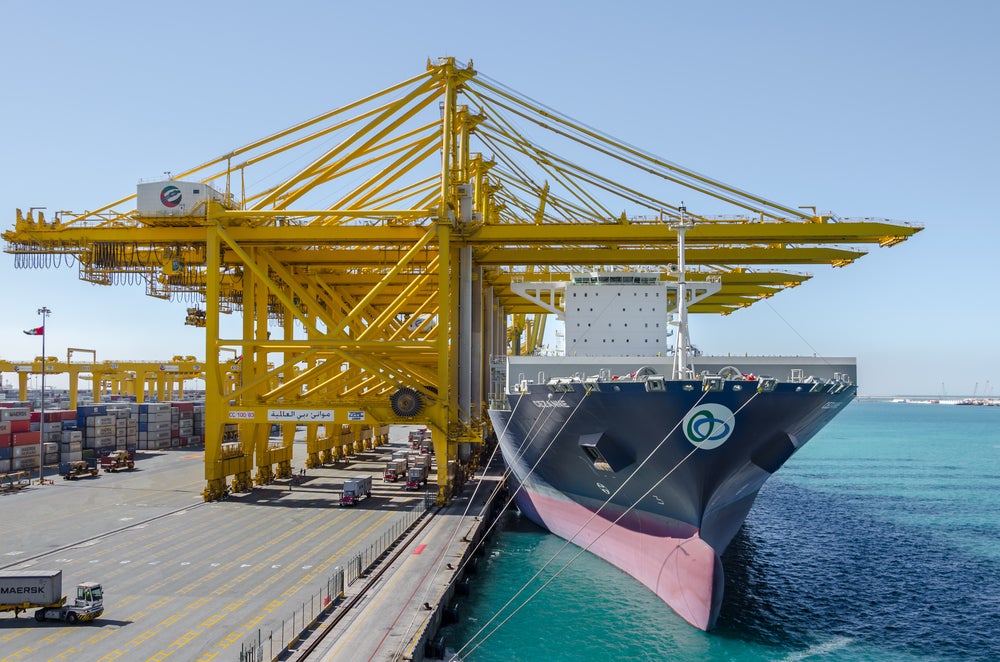
Enter CARGOES, our multi-programme software suite that automates every terminal process. From rostering staff efficiently to streamlining customs inspections (an infamously arduous process), this AI-driven suite creates and applies a strategic, practical solution that delivers for all terminal necessities – and gives immediate results.
Of all the CARGOES programmes, TOS+ has had the most significant success to date. This terminal operating system creates a digital twin of Jafza, providing real-time insight into every moving part while operating the basic processes of our work, such as opening gates and alerting us to equipment in need of maintenance.
Because AI is taking care of the basics for us, our Jafza teams are free to upskill and handle specialist shipments, expanding our capabilities in more ways than simply increasing annual throughput.
And, importantly, because AI underpins the software, we can use it to test new practices without impacting real-world global trade. Once rolled out across all our terminals, we’ll be able to implement innovations that change what’s possible for our industry so much faster, making our global operations more efficient in terms of delivery time and their environmental impact.
Digitising trade finance
This smart thinking is helping us expand and refine our services in other ways, too. Trade Finance, our capital solution for small businesses, came into being thanks to our CARGOES Finance programme, identifying inefficiencies in how small businesses are able to access funds to trade on a global level.
These learnings enabled us to build a streamlined finance website – one which cuts out the paperwork and bolsters transparency between SMEs and the world’s leading financial institutions, empowering them to lend with confidence.
Trade Finance’s success has been twofold: we’ve created a sound foundation for global SME trade, a previously untapped market worth $1.7trn.
We’ve also diversified our customer base and, therefore, diversified all the economies of the countries we operate in, creating resilience in fast-growth markets that benefit their communities while instilling confidence in future investors.
To continue unlocking and sustaining future opportunities, we must educate and inspire the next generation.
Innovation is afoot wherever you look in my line of work. And the strides we’ve made have all been possible thanks to technology.
To continue unlocking and sustaining future opportunities, we must educate and inspire the next generation about the potential of innovation and technology combined.
Taking a leap of faith with technologies like AI and letting them reveal the possibilities of our innovations is one thing. But to ensure their survival and long-term application, inviting young talent to engage with these technologies as a means of expanding their imaginative horizons is essential – for logistics and other vital sectors.
This new chapter of future-ready innovation, fuelled by technology, is an exciting one, and the benefits are already clear. By working together across industries and generations, we can ensure its potential is freed to enable a more prosperous, efficient and beneficially creative future for all.

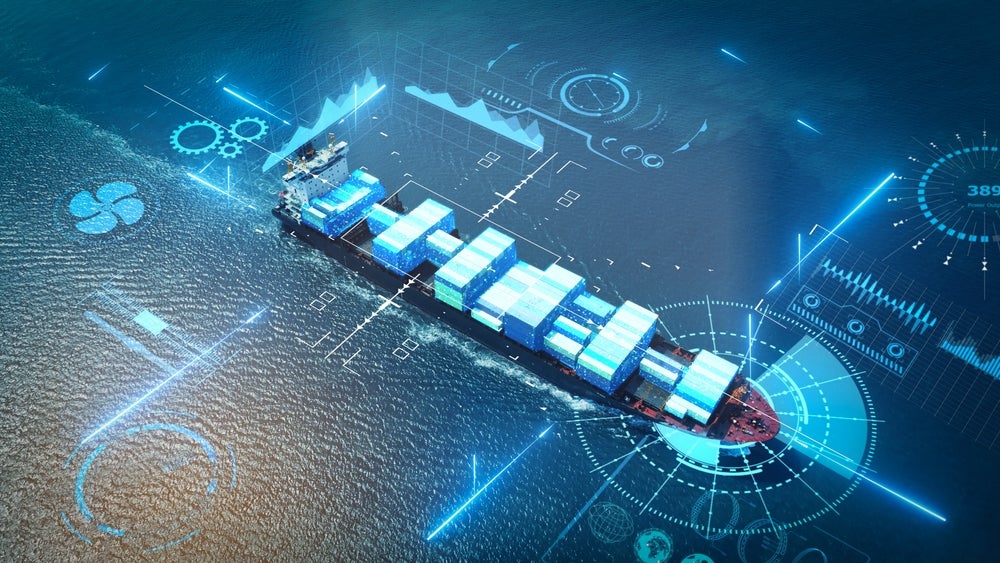


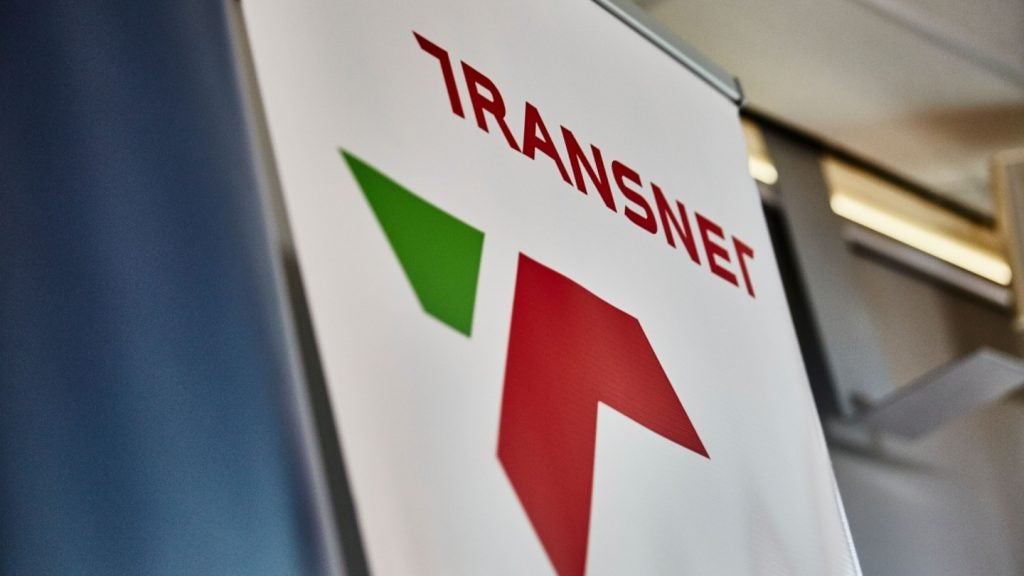
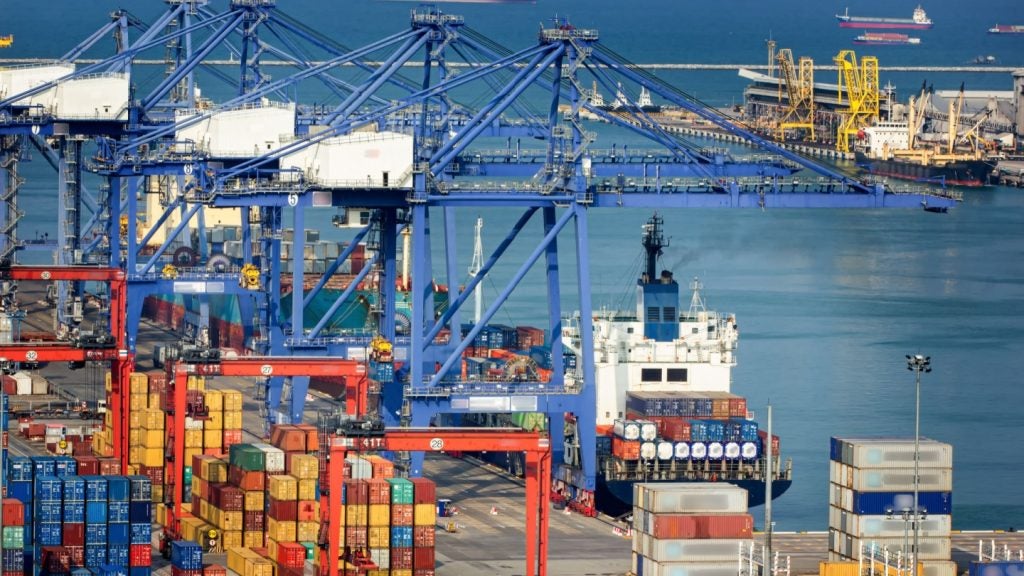
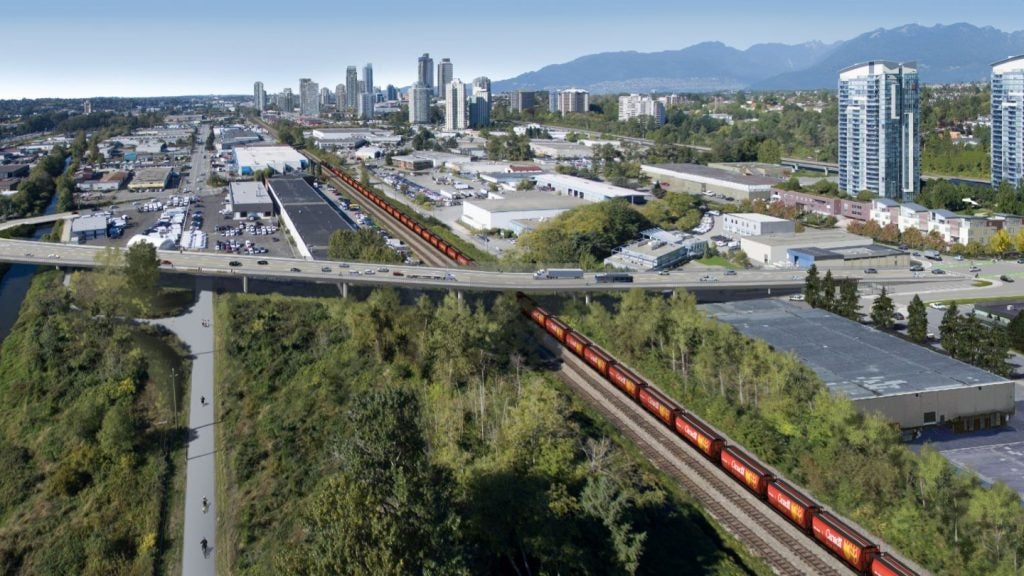
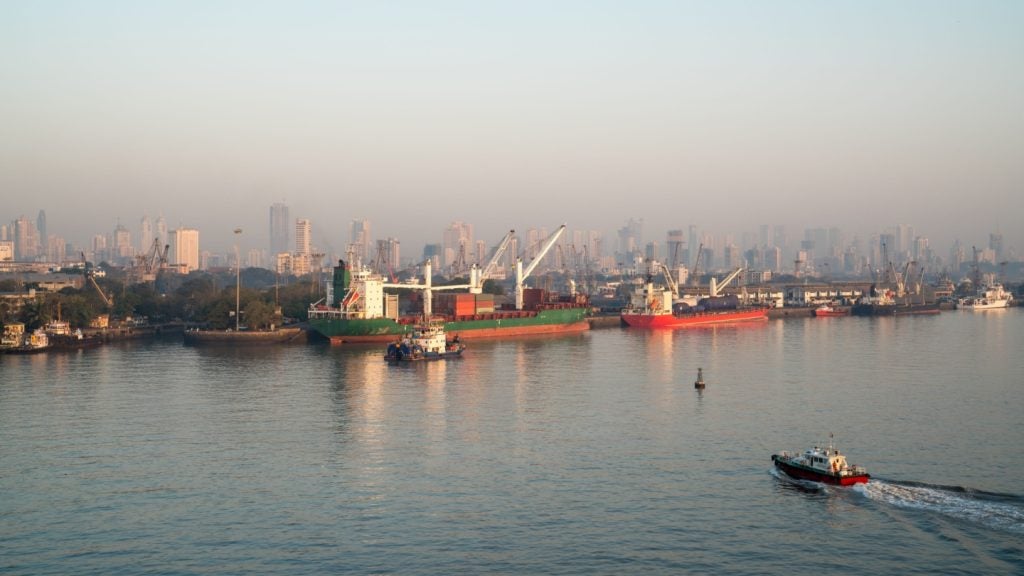

Related Company Profiles
DP World Ltd